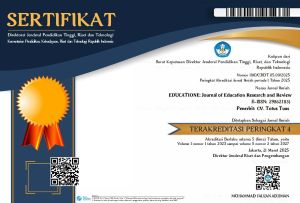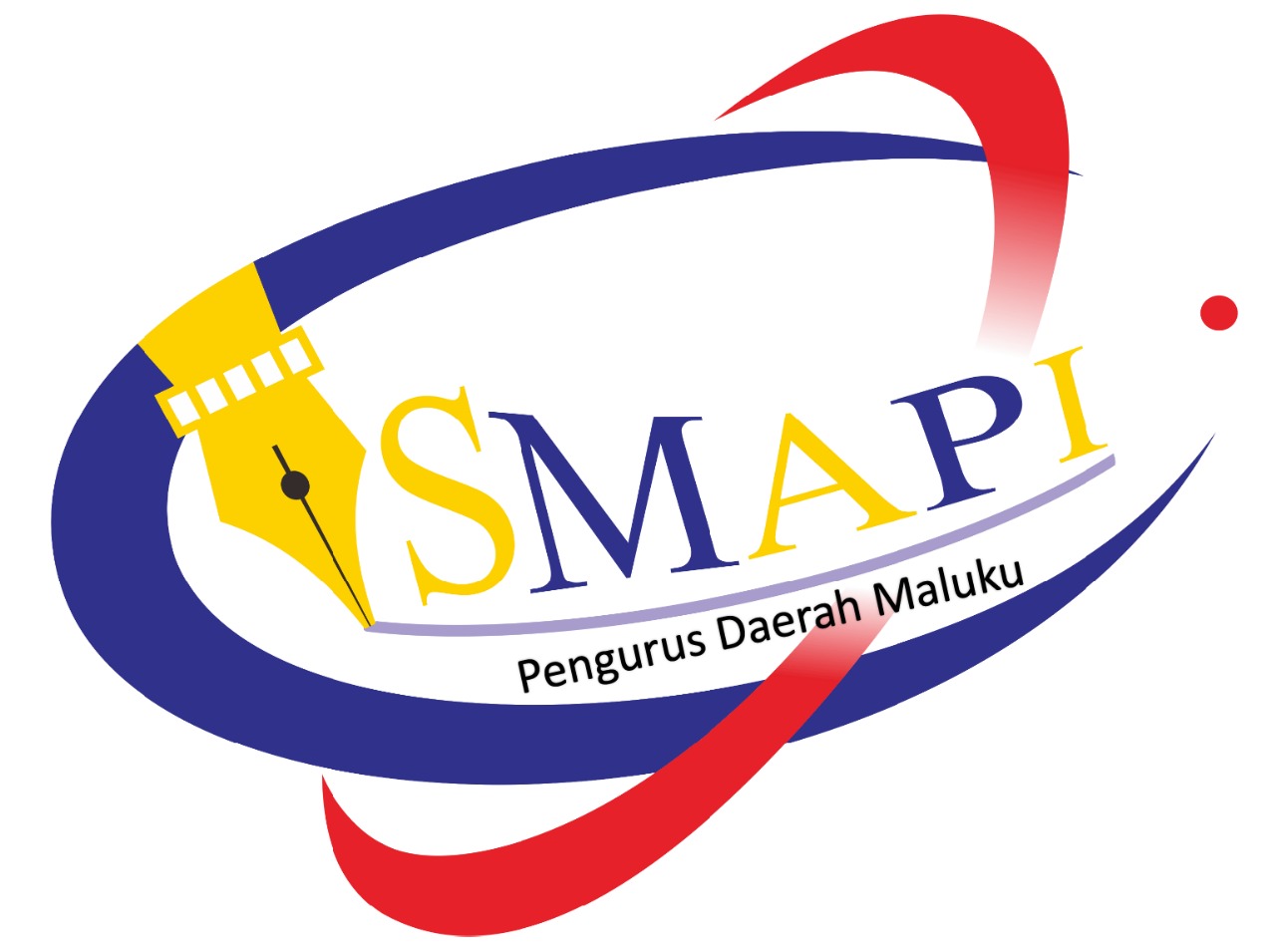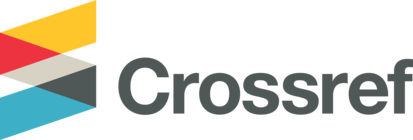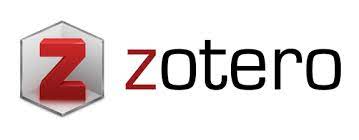PATROL MUSIC VALUES–BASED INTERVENTION TO REDUCE SOCIAL WITHDRAWAL: AN R&D STUDY USING CBT
DOI:
https://doi.org/10.59397/edu.v4i1.143Keywords:
Adolescence, Cognitive Behavioral Therapy, Counseling, Music Intervention, Social WithdrawalAbstract
Social withdrawal in adolescence is a persistent issue that undermines peer relationships, classroom participation, and overall well-being. This study aimed to design and evaluate a culturally grounded counseling module integrating Cognitive Behavioral Therapy (CBT) techniques with traditional Patrol Music to reduce social withdrawal among high school students at SMAN Arjasa. Employing a Research and Development (R&D) approach with the ADDIE model, the module was developed, validated by media and counseling experts, and tested with 60 students identified as displaying withdrawal behaviors. Data were collected through pre- and post-intervention questionnaires using the Social Withdrawal Scale (SWS), alongside fidelity and usability assessments. Results revealed a significant reduction in social withdrawal after the intervention, as indicated by Wilcoxon signed-rank test outcomes (Z = -6.074, p < 0.001), with large effect sizes. Students also reported greater comfort in group interactions and increased self-confidence during ensemble sessions. The study concludes that embedding CBT strategies within a familiar cultural medium not only enhances engagement but also accelerates cognitive and behavioral change. The findings contribute to adolescent counseling practices by demonstrating the effectiveness of culturally responsive, arts-based interventions. Practically, this module offers schools an innovative approach to character education and student well-being. Future research should replicate the intervention across diverse cultural settings, extend the intervention duration, and compare its effectiveness with digital or standard CBT-based approaches.
Downloads
Published
How to Cite
Issue
Section
Citation Check
License
Copyright (c) 2025 EDUCATIONE

This work is licensed under a Creative Commons Attribution 4.0 International License.



















